
In brief
Bob Rhodes is the founder and President of LivesthroughFriends CIC, a social enterprise that demonstrates how those who have acquired the most complex reputations can live good lives when attention is paid to building relationship networks and a sense of purpose. In this blog, Bob shares a bit about their work in putting relationships first.
If you’d like to take the conversation about Rewilding Care further, Bob would be delighted to do so. Leave a comment below or send an email to bob@livesthroughfriends.org
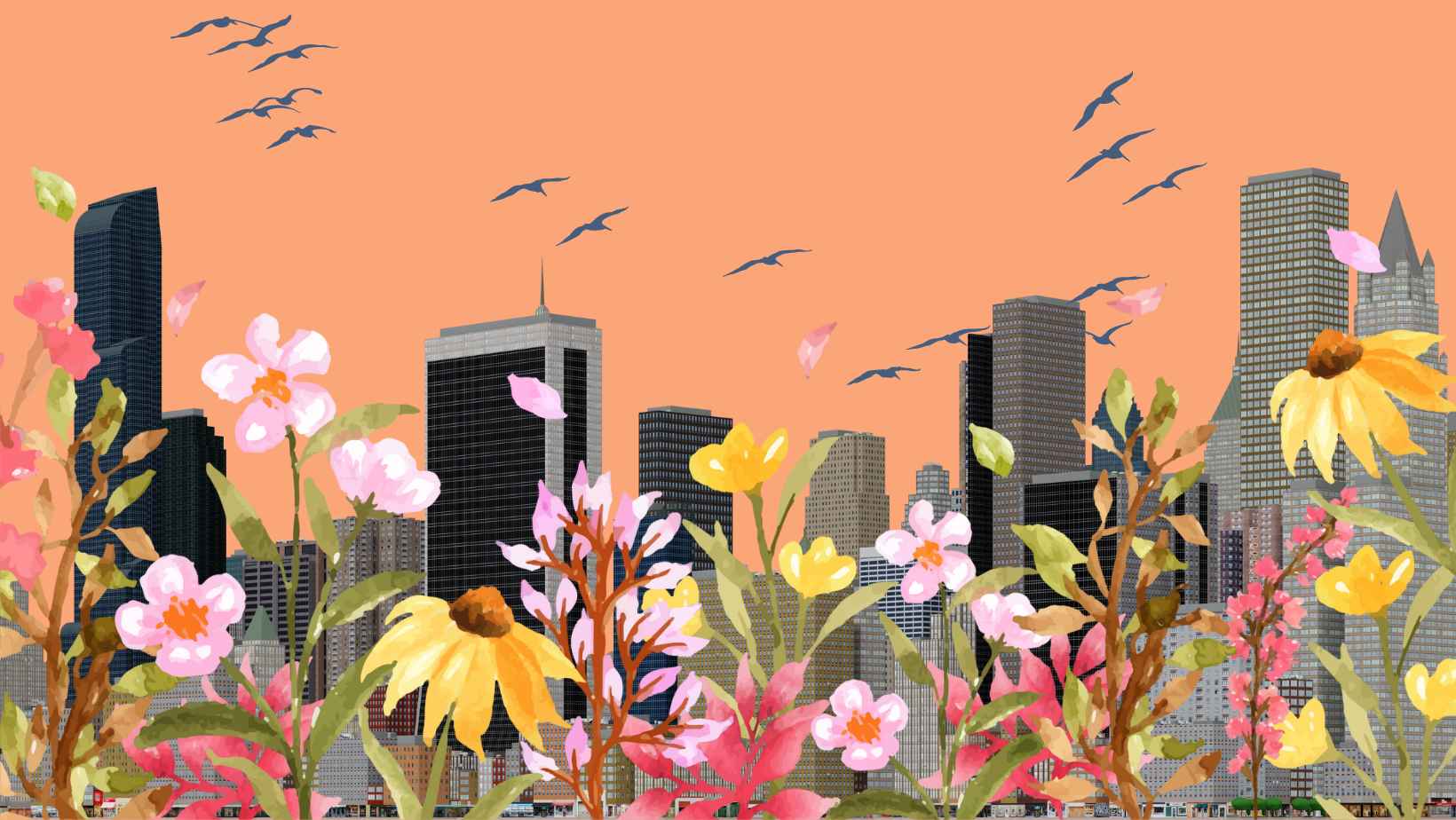
Rewilding Britain
At Rewilding Britain, we define rewilding as the large-scale restoration of ecosystems to the point where nature is allowed to take care of itself. Rewilding seeks to reinstate natural processes and, where appropriate, missing species – allowing them to shape the landscape and the habitats within. It’s focused firmly on the future although we can learn from the past.
Rewilding encourages a balance between people and the rest of nature so that we thrive together. It can provide opportunities for communities to diversify and create nature-based economies; for living systems to provide the ecological functions on which we all depend; and for people to reconnect with wild nature.
A comparison struck me as I made my way home following the Citizen Network’s often exhilarating It’s Our Community event in Sheffield. I had spent a couple of days in the company of grassroots community organisations and peer support initiatives who exuberantly celebrated the impact that actively associating and taking personal agency had wrought in their lives. However, this was not a novelty to me – indeed I feel like I’ve witnessed that energy diminish over that past half-century. And I came away worried; not least because a significant number of the inspiring folk I had met expressed a simple faith that their example would change the system that they had not changed but rather disavowed.
In workshops and conversations I and others had sought to get people to think about:
- how professionals and services promote themselves as the prime solution to our ‘needs’, accentuating our dependency and diminishing our personal agency – as is inevitable and ‘normal’ within a market environment where service systems need and trade upon our perceived deficiencies.
- The importance of nurturing both strong and resourceful citizens, families and communities and local, enabling, skilled and complementary service systems.
- Hence, the fundamental importance of redefining the purposes and principles underpinning social services.
- The consequences of all-encompassing consumerism
- The ideological roots of the disintegrating system.
In hindsight, it is clear that such discussions are not at the centre of everyday conversations in most grassroots community groups. Pinching the strapline of Compass’s bi-weekly seminars, this is too “Bloody Complicated.” Indeed, one forceful leader looked at me aghast and said, “Do you mean this is political?”
As ever, people are preoccupied with getting by despite the system; rather than actively plotting revolution.
John McKnight put it this way:
Consumer society begins at the moment when what was once the province or function of the family and community migrates to the marketplace…
In adopting system life, people choose to yield sovereignty in exchange for the promise of predictability. Even families and communities turn over their sovereignty for the promise of a safe and predictable future.
In The Abundant Community: Awakening the Power of Families and Neighborhoods McKnight goes on to say:
Here is the rub: Systems that are constructed for order cannot provide satisfaction in domains that require a unique and personal human solution. They are unable to provide the satisfaction that they promise because of their very nature.
In short, the ‘promise’ is worthless.
So, on the train home, I mused upon keywords and straplines that we might use to generate conversations and facilitate conscientization. It struck me that, no matter how overwhelming the evidence throughout decades, ‘global warming’ repeatedly failed to grab widespread attention. However, people have got behind ‘climate change’ – perhaps because we experience and to some extent understand the weather and its palpable changes.
From there it wasn’t much of a leap to think about how the public understanding of the parallel ecological disaster arising from humanity’s self-interest and ignorance has unfolded. It has not taken too long, even for the most industrialised agribusinesses, for folk to get the message that getting out of the way and permitting nature to do what it does naturally is a powerful remedial strategy. ‘No Mow May’; field margins widened and left to their own devices; hedge planting; restored wild flower meadows; natural pest control with lacewings, ladybirds, or parasitic wasps; and wild corners in our gardens are all strategies familiar to casual viewers of Countryfile or Gardeners’ World. While most may not have progressed to considering the wild reintroduction of large free-roaming ungulates such as bison or top predators such as lynx and wolves, there’s a general understanding of the good sense associated with enabling nature to ‘have agency’.
For me, that rings a very loud bell. If we are to evolve a sustainable and truly caring society and effective and economic social services we, as was so clearly recognised by both Seebohm and Barclay Committees during the early years of Social Services Departments, must build upon the care that is naturally present in strong, resourceful and interdependent communities.
In pursuit of this, the challenge for Government is to restore agency to citizens and to design societal systems and social services that have their primary purpose in resourcing, supporting, and where necessary supplementing the relational, or associative, activities of families and communities.
This, of course, cannot be a top-down activity – hence the imperative to find an ‘imagery’ that is generally understood through which inclusive, democratic change can evolve.
I wonder then if ‘Rewilding Care’ has resonance?
When we talk to people about what really matters to them the universal answer is loving and reciprocal relationships closely aligned with a strong sense of belonging. These attributes are not in the gift of services BUT supplementary and complementary services can be designed to support families, friends and others to give their gifts.
However, concurrently, there’s a job to do in both ordering society to enable citizens to invest in relationships and supporting people to reject passive consumerism and assert active citizenship. At some point we all are likely to need care. Not to put to fine a point upon it, commissioned care institutionalizes. Is that really what we want for ourselves or those we truly care about?
Hilary Cottam is one of many social activists stunned by the silliness of marketized social care:
Relationships were allowed no place in the welfare state because they were thought at best not to matter and at worst to be a hindrance to social progress. But Beveridge realised he had made a mistake and now, when our human connections determine the social, emotional and economic outcomes of our lives, this omission matters more than ever. But in the intervening decades a reform process that has centred on management and control has further limited the possibility of human connection within existing systems. Today the welfare state concentrates on the efficient delivery of inputs and outcomes, trapping us in the cultures and mechanisms of transaction and limiting human connection.
In chorus with Hilary Cottam I would assert that, “our current systems whether financial, social, political, ecological, are actually beyond reform…”
So, here’s a thought for a new banner to galvanise action:
At Rewilding Care, we define rewilding as the intentional, societal-scale nurturing of interdependence and reciprocity to the point where real agency is restored to citizens, families and communities. Rewilding seeks to reinstate the natural interdependent societal relationships that have served humanity so well over millennia as the basis for a sustainable and flourishing future. Rewilding recognises that collaborative relationships constitute the basis of care and that professionals and services, that also have useful specialist roles, are complementary and supplementary actors whose core role is to support and strengthen the agency of citizens and their various associations. Rewilding means valuing people for their gifts rather than emphasizing and exploiting perceived deficiencies. Rewilding thrives on the apparent chaos of our unique lives and relationships. Rewilding Care builds upon the essence of humanity and it works!
If you’d like to take the conversation about Rewilding Care further, Bob would be delighted to do so. Leave a comment below or send an email to bob@livesthroughfriends.org
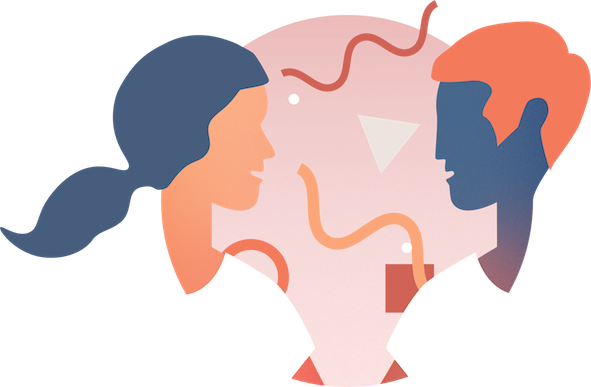
The Relationship Collective: A proposal
Before now... In the summer of 2020 I set out on an open-ended research journey exploring why relationships matter and whether people who put relationships at the heart of their work feel connected to others doing the same. I was lucky to collaborate with The...

Frauke – Spirit of Lockdown #7
As part of our open call to Share your Story, we received this #SpiritOfLockdown account from Frauke. Frauke set up and managed a local Whatsapp group in her community which Basil the dog played a big part in, keeping spirits high and helping forge community...

Kate – Spirit of Lockdown #6
As part of our open call to Share your Story, we received this #SpiritOfLockdown account from Kate*. Lockdown offered a Kate the opportunity to take a step back, reassess her life and reflect on the relationships that really matter to her.Setting the Scene: Life...
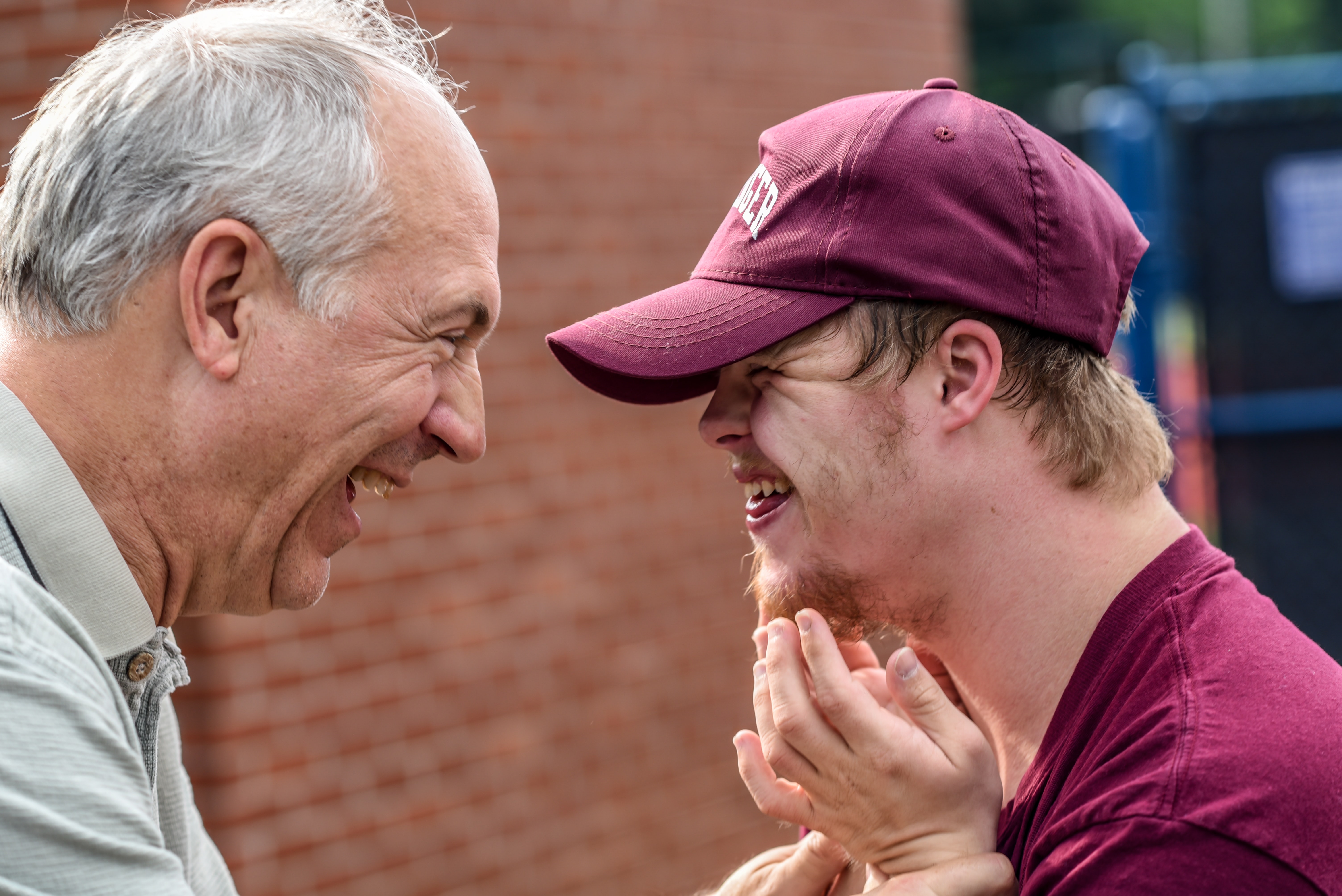
Designing connection into care
In brief Covid has shone a light on the relationship between social care and social connections. With the UK Government's social care reforms on the horizon, Sam Dalton makes an argument for social care models in which care and connection come hand in hand.Sam is...
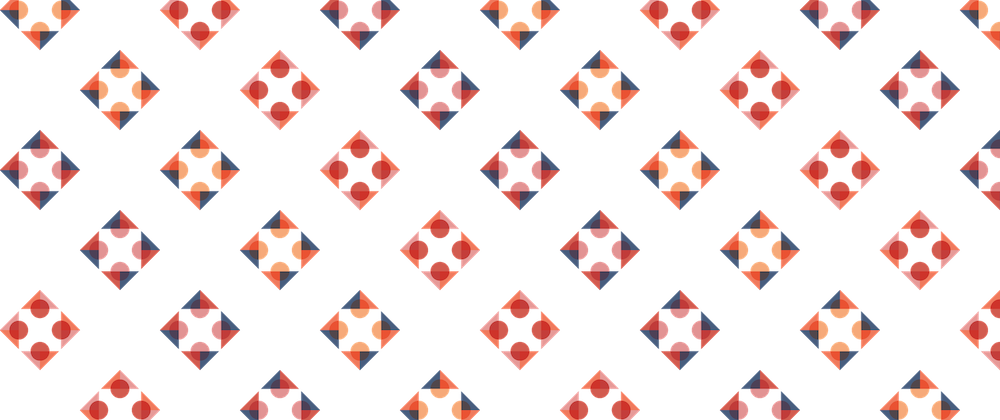
Making relationships the first mile
After a year of research into simple, ordinary, human relationships, Iona Lawrence shared her initial findings in Through Thick And Thin. In this report, she illuminated a set of shared concerns, identified through hundreds of conversations around the state of our...

Measuring relationships: What’s the problem?
Over the course of hundreds of conversations about relationships, Iona Lawrence identified a shared challenge around measurement: We don't know how to measure relationships or whether the game of measurement is futile. In this blog, we seek to kickstart a generative...
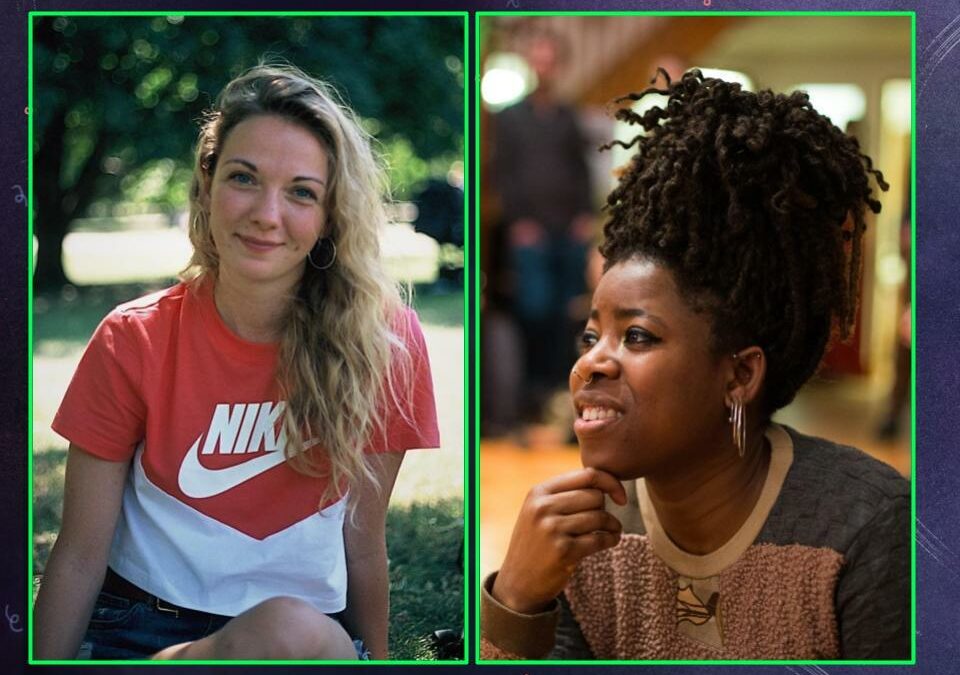
Relationships are Everything
In brief Enrol Yourself takes a relationship-centred approach to lifelong learning, connecting adults into peer groups that help each individual multiply their learning over 6 months. Enrol Yourself train 'Hosts' who lead these peer groups. We're featuring a mini blog...
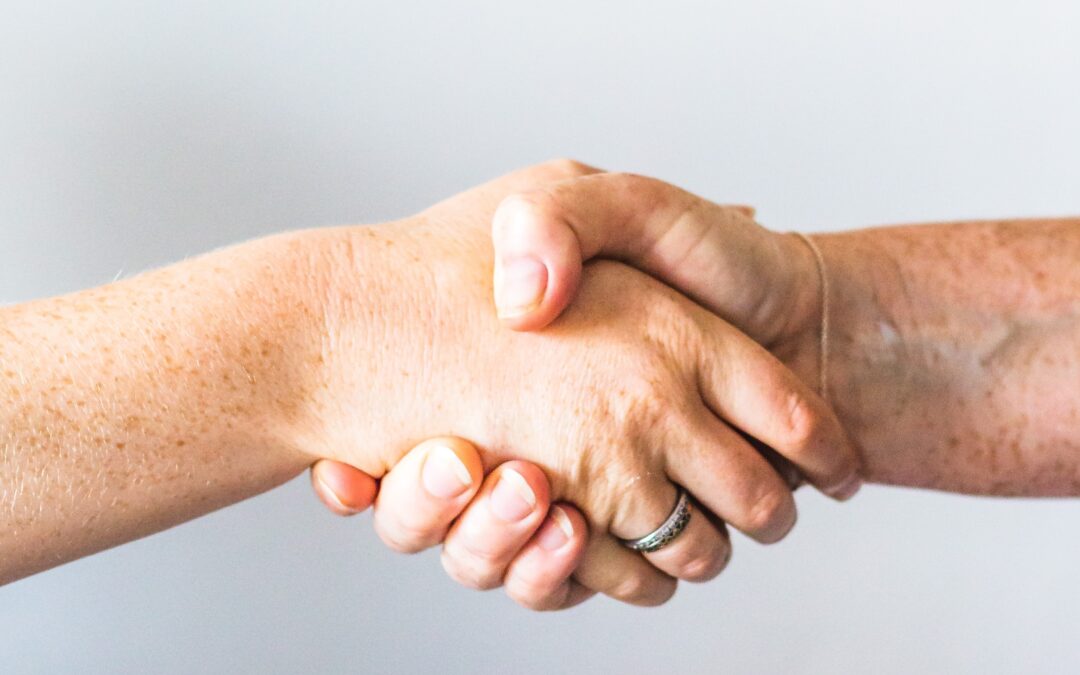
Collection from Swansea – Spirit of Lockdown #5
As part of our open call to Share your Story, we received this #SpiritOfLockdown collection from the Local Area Coordinators in Swansea. These seven people tell us about their experience and their journeys of the past turbulent year.
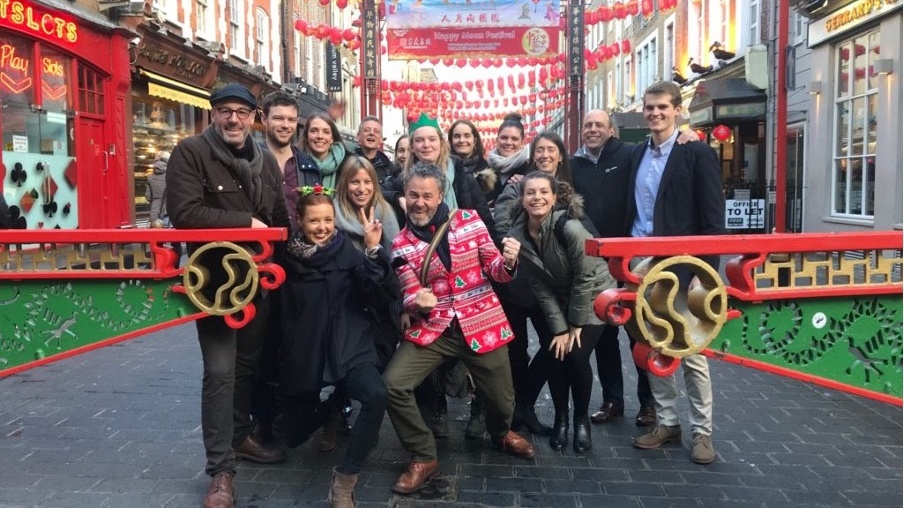
Good Business – Heatmap in Action
We know as a business that relationships are important to us and drive much of our work. We were excited to use the Relationships Heatmap tool to help us focus on relationships, and give us space and scaffolding to structure our thinking.
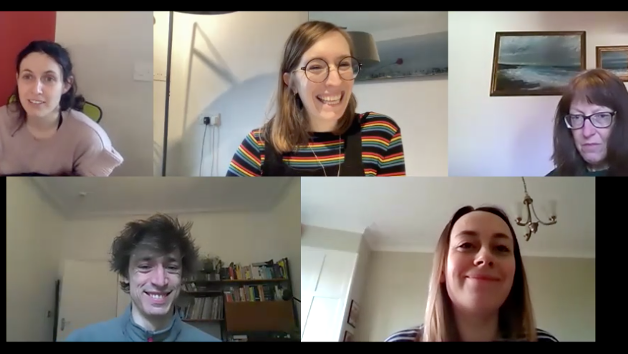
Carnegie Trust UK – Heatmap in Action
In our work on kindness and flourishing towns, we’ve thought a lot about how we create the conditions for relationships in communities. We were interested to use the Heatmap to see how it works and what we could learn about our relationships with a much broader network of people and organisations.
